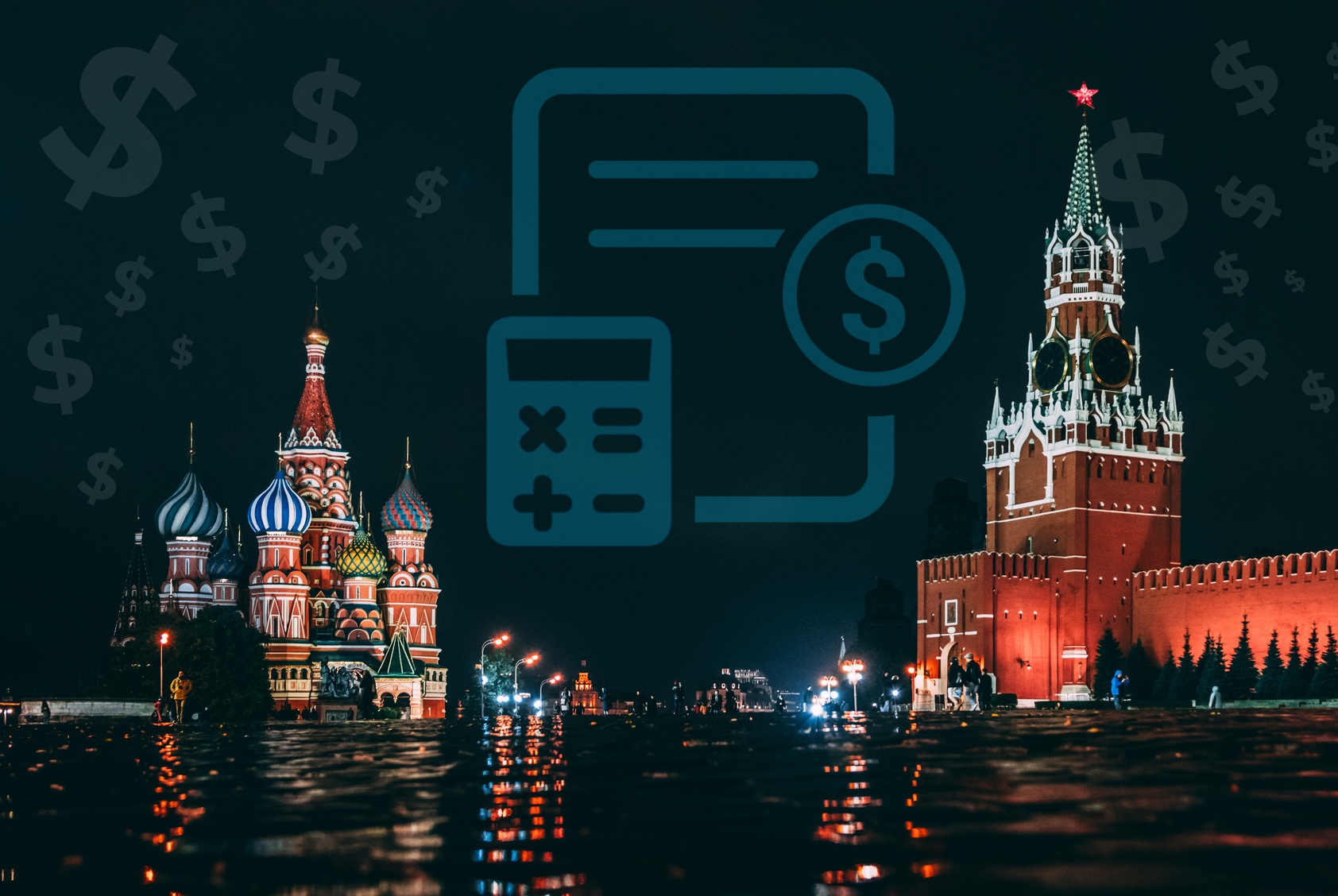Should you attempt to do business in Russia without an Importer of Record? Absolutely Nyet!
Russia represents a lucrative, largely untapped market for U.S.-based telecoms and retailers expanding internationally. But tapping it is tough because of onerous rules and burdensome paperwork that the average company customs or compliance department is ill-equipped to handle. Paperwork such as EAC Certificates, FSB Notifications, and Letters of No Encryption are all key hurdles to clear before landing your business, or its components, in Russia.
The best way to handle these hurdles is to partner with an established Importer of Record (IOR) that knows the language and landscape of Russia’s labyrinth of laws. A good IOR can also provide you with safe, secure storage space for your product. All of this will save you headaches and allow your business to focus on what you do best.
Let’s first talk about what an Importer of Record is and what it is not:
Is: An Importer of Record acts as the consignee and assumes risk and responsibility for anything that might go wrong with the shipment or policing anything forbidden under Russian import rules (we’ll get to that more in a moment). Think of an IOR as having your own “agent on the ground” in Russia to work through all the rules and regulations so that your business can flow freely and seamlessly.
Isn’t: An Importer of Record is a link in the global supply chain, a facilitator for clearing customs. It is not your accounting firm, business partner, or attorney.
So now that you’re clear on what an IOR is, let’s unpack more of the benefits of working with an established, reputable IOR.
Importers are required to complete a Russian customs freight declaration for every item imported, transport documents, import licenses, TR TS (technical regulation of technical safety) certificates, certificates of origin, sanitary certificates, import permits and licenses (e.g. for products containing encryption technology), and documents confirming the legitimacy of declarants/brokers/importers. All customs import declarations are submitted electronically.
That’s a gargantuan amount of paperwork and rules to master. And if you’re starting from scratch, it’s almost impossible because the rules shift almost daily. Having an IOR in Russia will save you lots of time.
It’s also important to note that Russia is a huge country with 11 time zones and 12 cities of over 1 million people. That’s a lot to cover from afar. And an IOR can do it for you.
Another advantage is that working with an established IOR in Russia frees a company up from the time-consuming, mountain-of-paperwork job of getting your own import license.
A Russian businessman described the challenges of importing:
“To import something, you will [fill out] lots of paperwork, and if customs sees that there is money to be made, they will find any reason to reject custom clearance,” he said. “To prevent this, you have to have work with companies that work and specialize in custom clearance.”
An Importer of Record does just that.
The number one reason something is rejected? According to our source in Russia: security.
Russian law is very strict when it comes to importing anything with encryption capability and is heavily weighted toward native products.
“If there is a Russian equivalent, your shipment will be rejected,” our source said, noting that Russia has a strict import replacement policy.
An IOR will know what items can and can’t be shipped into Russia. For instance, you can’t bring in circuits and circuit boards. And if you’re thinking about anything with encryption capability, forget it.
Here is a partial list of banned import items into Russia from FedEx:
- Telecom equipment and navigation
- Wireless equipment
- Wireless and related electronic devices
- Radio equipment
- Electronic equipment
Still, global telecom companies and retailers are doing business in Russia. An IOR of record can help you better parse the list of what you can bring in and what you have to locally source.
The U.S. Department of Commerce outlines the importance of an IOR:
Customs clearance is normally completed by the importer of record (or a customs agent acting on its behalf) filing the customs declaration along with the required set of supporting documents. Customs brokers provide full outsourcing for customs clearance. In many cases, brokers let the companies outsource their import operations without being a party to the international transaction.
Here are four more reasons to partner with an established IOR:
- Prohibited Items: You don’t want to ship 500 wireless routers to Russia only to be told they are banned. Your IOR will be familiar with the ever-changing list. And it is ever-changing. For example, although this doesn’t impact tech companies, the Russian government just added a whole list of agricultural import restrictions. They could add new restrictions on electronic components, and an IOR will be up to date.
- Storage: Assuming you can get your 500 wireless routers into Russia (you probably can’t), where do you put them? An established IOR will have a secure, safe spot for storage, which will save your company from clearing a bunch of other hurdles.
- Paperwork: One missed Letter of No Encryption or one box not labeled according to accepted standards could throw off your whole project. An IOR’s job is to stay on top of all of this.
- Scalability: Our sources in Russia tell us one of the biggest benefits of working with an established IOR is that it allows you more flexibility in your imports. If you have a relatively small but profitable project, importing a small number of units could be too costly to justify. But an IOR that is an already established entity in Russia will have the flexibility to accept smaller shipments in a cost-effective manner.
Many larger companies establish their own offices in Russia so that they have an “in-house entity” to ship to, but that’s not practical for many telecoms and retailers that are doing project-based work. Working with an IOR in Russia, such as Kinettix, can give you that “footprint” without having to pay for it.
Want to learn more about IORs and doing business in Russia? Read about how to Unlock Russia with an Importer of Record and the Russian Federal Customs Service






